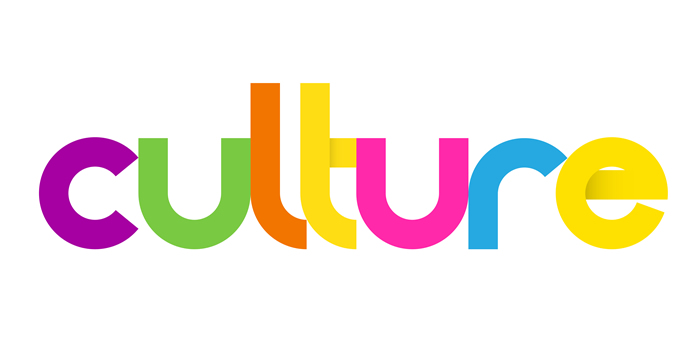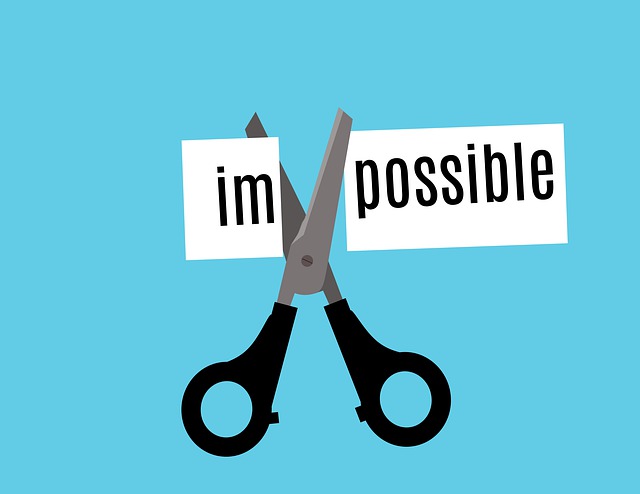In Australia, cultural security is employed while discussing how modernisation is threatening to change the way of life of the aborigines. In China, it is used by politicians to warn against the ‘negative’ influence of foreign pop culture. In much of Africa, the term is evoked to raise concerns on the impact of modernity and development on local traditions. In Nigeria especially, cultural security appertains to the need to protect our values and heritage from being totally submerged by the dominant and powerful influence of Westernisation or foreign systems as a whole.
How culturally secure are Nigerians? The stark truth is that we are highly culturally insecure and one index of that is our attitude to our languages. For many young Nigerians, our languages are thrash or rubbish, a heritage that is not worth bequeathing to their children. To others, our languages are mere vernaculars. Many educated people today cannot read fluently in their languages. Our sense of development is so skewed, and that is putting it mildly, that we assume that being Westernised in everything is what guarantees our progress, including the Yoruba eating amala and abula with cutlery, an unsightly anachronism. Little wonder that we are perpetually developing.






Guru(Maharaji) of Queen’s language…. Respect!
View CommentLol. You set the pace, Eegunmogaji; we follow. Thanks.
View CommentHeritage preservation remains the only thing that would project “maximally” Dr, this wisdom, would never no limit. Ameen.
View CommentAamin! Thank you, my brother, all the time. May the Almighty Allah continue to bless you abundantly.
View CommentAmeen, Kunfayakun.
View CommentIt is an incontrovertible truism that the threats to cultural security among us are nearly innumerable. The level at which the incubus consumes our morality is dismally dispiriting.
Like the bee, we need to learn to identity the threats and sting to protect our homestead.
Wow! I’m glad I consumed this piece in its verbal form. Interestingly, I now have it in its orthographical form. May Almighty Allah continue to bless our very own Dr. Mahfouz Adedimeji. Like Muhammed Ali was the people’s Champion, you are ‘ The People’s Don’.
View Comment